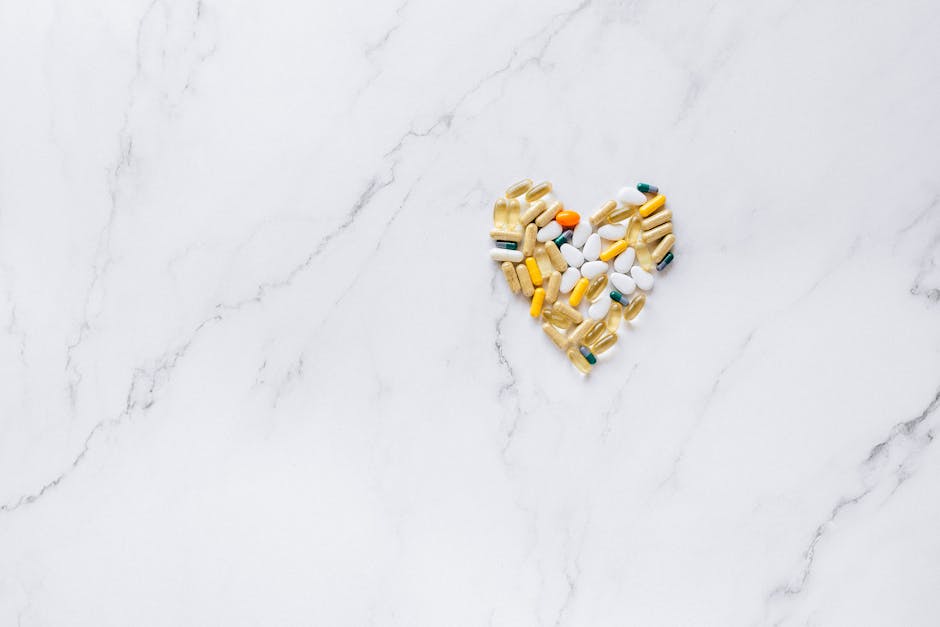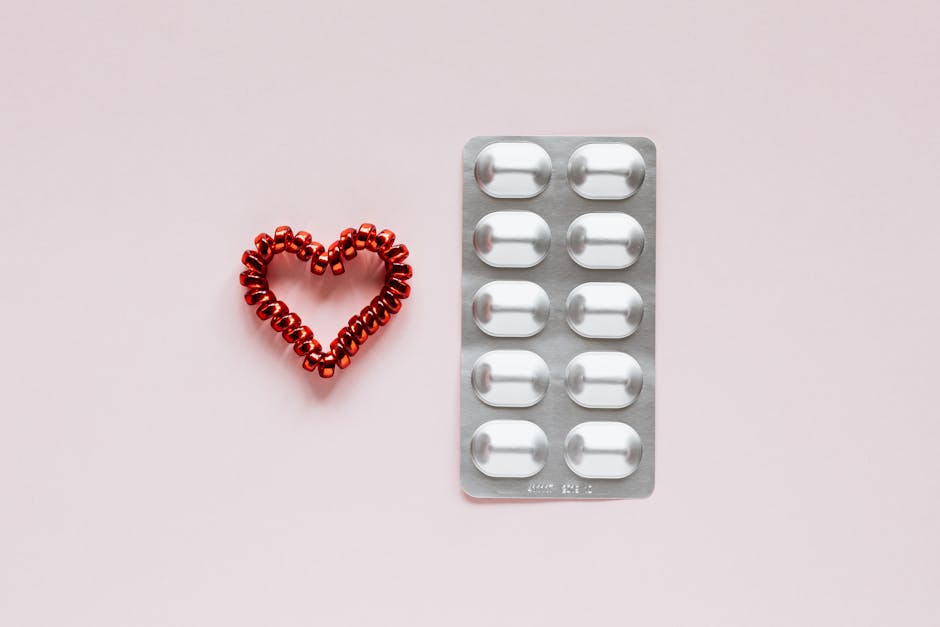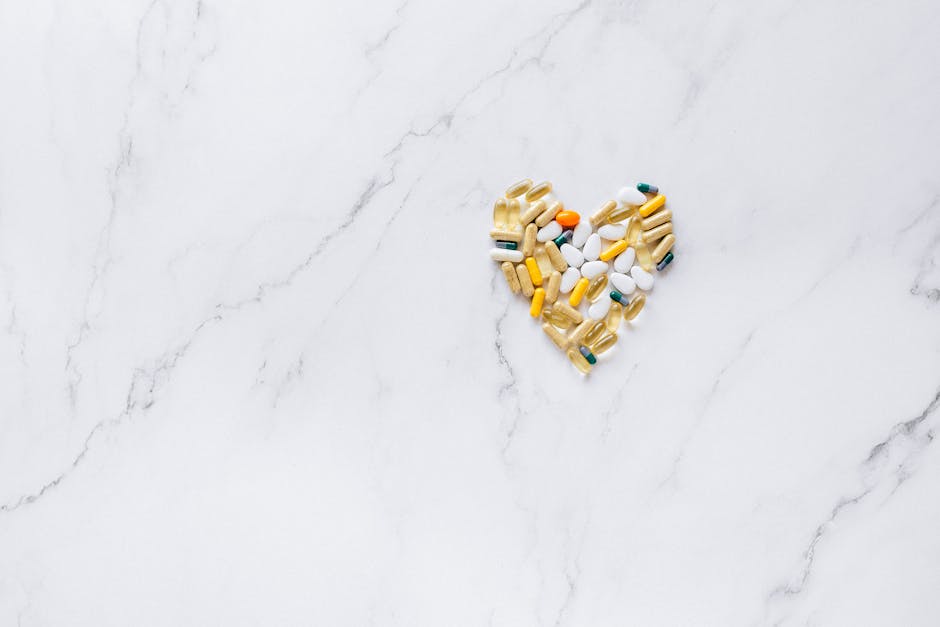Your Love Is My Drug: Exploring the Psychology and Poetry of Addictive Love
The phrase “Your love is my drug” evokes a potent image: a powerful, all-consuming feeling that both exhilarates and terrifies. It speaks to the addictive nature of intense romantic love, a feeling so potent it can blur boundaries, cloud judgment, and even resemble a substance addiction. While the romantic notion is captivating, understanding the psychological underpinnings and potential dangers of this kind of love is crucial for navigating healthy relationships.
The Psychology of Addictive Love
From a psychological perspective, addictive love often involves a complex interplay of neurochemicals and attachment styles. The initial stages of passionate love trigger a flood of dopamine, norepinephrine, and phenylethylamine – neurotransmitters associated with pleasure, reward, and excitement. This creates a euphoric high, making the object of affection seem irresistible and profoundly desirable. This intense chemical cocktail is similar to what’s experienced when using addictive substances, explaining the “drug-like” quality of the experience.
Furthermore, attachment styles play a significant role. Individuals with anxious or avoidant attachment styles may be more prone to falling into addictive love patterns. Anxious attachment can lead to intense neediness and fear of abandonment, fueling obsessive behaviors. Avoidant attachment, on the other hand, can create a push-and-pull dynamic, intensifying the emotional rollercoaster and reinforcing the addictive cycle.
Identifying the Signs of Addictive Love
Recognizing addictive love patterns is crucial for protecting your well-being. Some common signs include:
- Obsessive thinking: Constantly thinking about your partner, even when it interferes with daily life.
- Neglecting other relationships: Prioritizing your romantic relationship to the detriment of friends and family.
- Loss of self-identity: Losing sight of your own interests and needs, solely focusing on your partner’s desires.
- Mood swings: Experiencing intense highs and lows dependent on your partner’s attention and behavior.
- Controlling behavior: Engaging in controlling or manipulative behaviors to maintain the relationship.
- Ignoring red flags: Overlooking warning signs of abuse or incompatibility.
- Fear of abandonment: Experiencing intense anxiety at the prospect of separation or rejection.
The Romantic Idealization of Addictive Love
Despite its potential risks, the intoxicating nature of addictive love has permeated literature, music, and popular culture for centuries. The idea of surrendering completely to love, of being utterly consumed by passion, is a recurring theme, often portrayed as romantic and desirable. Shakespeare’s plays, for instance, are replete with characters whose love is both obsessive and destructive.
Songs that use the “drug” metaphor often romanticize this all-consuming feeling. The lyrical imagery of being hopelessly addicted to someone’s love speaks to a longing for complete fusion and belonging. This romantic idealization often overshadows the potential for harm, creating a dangerous allure for those seeking such intense experiences.

The Dark Side of Romantic Idealization
However, it is important to differentiate between healthy passionate love and unhealthy addictive love. While intense feelings are normal in the beginning of a relationship, they should not overshadow your own well-being or independence. The constant need for validation, the disregard for personal boundaries, and the inability to function without the partner are all indicative of a problematic dynamic.
Romantic literature and music often contribute to this dangerous idealization. It’s crucial to recognize that the portrayal of addictive love as something inherently romantic is a fallacy. The portrayal of codependency and manipulation as romantic love is a dangerous societal narrative that we must critically examine.
Breaking Free from Addictive Love Patterns
Breaking free from addictive love patterns requires self-awareness, resilience, and often, professional help. Understanding your attachment style, recognizing your triggers, and setting healthy boundaries are crucial first steps. Therapy can provide a safe space to explore these patterns, develop coping mechanisms, and cultivate healthier relationship dynamics.
Steps to a Healthier Relationship
- Seek professional help: A therapist can help you understand your attachment style and develop strategies to manage unhealthy patterns.
- Build self-esteem: Focus on self-care and activities that boost your self-worth. This reduces reliance on external validation.
- Establish healthy boundaries: Learn to communicate your needs and limits clearly and assertively.
- Develop independent interests: Cultivate hobbies and social connections outside of your romantic relationship.
- Practice mindfulness: Pay attention to your thoughts and feelings, recognizing when you’re falling into obsessive patterns.
- Choose healthy relationships: Surround yourself with people who respect your boundaries and support your well-being.
Ultimately, the journey to a healthier relationship requires conscious effort and self-reflection. While the intensity of addictive love can be captivating, it’s essential to prioritize your well-being and cultivate relationships that nurture growth, respect, and mutual support, rather than dependency and obsession.

Remember, healthy love is not about losing yourself; it’s about finding a partner who enhances your life and complements your existing strengths. It’s a journey of growth, not a descent into dependence. While the metaphor “Your love is my drug” can be alluring, true love doesn’t need the addictive qualities to be truly fulfilling and powerful.


